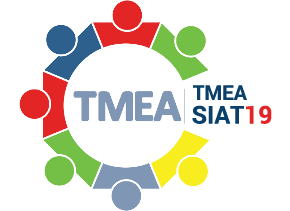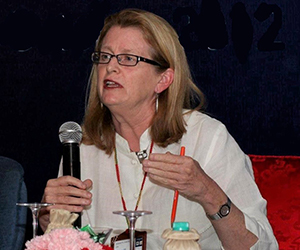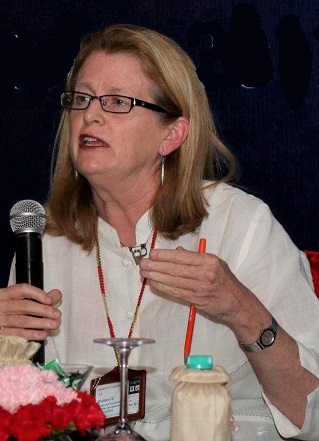
Associate Professor, Law Faculty at Monash University, Australia
Emmanuel Laryea
Dr Emmanuel Laryea is an Associate Professor in the Law Faculty at Monash University, Australia. Dr Laryea’s teaching and research interest are in International Economic Law and African Development. He is member of the Monash Centre for Commercial Law and Regulatory Studies. He is also the African International Economic Law Network. He was a Supervising Professor on UNCTAD’s International Investment Agreements (IIAs) Mapping Project. He is a member of UNCITRAL’s Panel of Experts on E-Commerce Law. He has delivered at international conferences in his area of expertise. He has also consulted in governments, including in an AUSAID project in Asia. He is the author of several publications, including: “Making Investment Arbitration Work for All: Addressing the Deficit in Access to Remedy for Wronged Host State Citizens Through Investment Arbitration’ (2018) 59(8) Boston College Law Review 2845-2875; International Economic Law and African Development (2014) Siber Ink, Cape Town, South Africa (co-edited with Laurence Boulle and Franziska Sucker); International Economic Law: Voices of Africa (2012) Siber Ink, Cape Town, South Africa (co-edited with Franziska Sucker and Nukhole Madolo); ‘Implications of the Rise of the BRIC Countries for Africa’, in Vai Io Lo and Mary Hiscock (eds), The Rise of the BRICs in the Global Political Economy: Changing Paradigms?’ (2014) Edward Elgar, 123-141; ‘International Investment Agreements and Sovereign Debt Restructuring: Some Issues for African Economies Issuing Sovereign Bonds on International Capital Markets’ in Boulle L, Laryea, E.T. and Sucker F (eds), International Economic Law and African Development (2014) Siber Ink Publishers, Cape Town, South Africa, 111-139 (co-authored with Ionnides K.); ‘Involvement of Civil Society in the Evolution of International Investment Law: Beneficial to Africa?’ in Boulle L, Laryea, E.T. and Sucker F (eds), International Economic Law and African Development (2014) Siber Ink Publishers, Cape Town, South Africa, 140-171 (co-authored with Scata, J.); and ‘Facilitating Expansion of African International Trade Through Information and Communication Technologies’ (2012) 5(3) African Journal of Legal Studies 219-242.
Session:
- Regional and Continental Economic Integration – Catalysing gender equality and sustainable trade
Paper: Facilitate Expansion of African International Trade to Empower Women and for Sustained Development
The paper provides a concrete analysis of how international trade supported by robust government policies and initiatives will particularly benefit and empower women, who are the bedrock of production in Africa. Challenges raised include market access to African agricultural trade especially in the area of non-tariff barriers, non-legal barriers to trading into development that includes lengthy administrative procedures, poor trade infrastructure and trade finance challenges. Positive highlights include the immense trade potential considering its growing population as well as the signing of the African Continental Free Trade Area Agreement (‘the AfCFTA Agreement’) on 30 May 2019 is expected to reduce issues of market access within the continent and increase productivity and economic development. Despite Africa’s contribution to global trade being at around 3%, the picture can be reversed with the adoption of appropriate policies and actions to identify and optimize its use of its comparative advantages. The paper argues that large arable land and a mostly women workforce can be used as a strategy to improve the trading picture globally.
Download the presentation using the links below
pdf or powerpoint















































